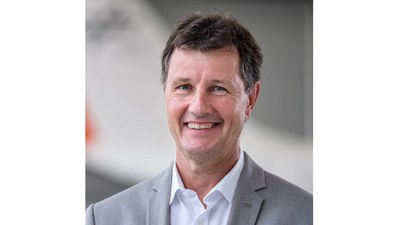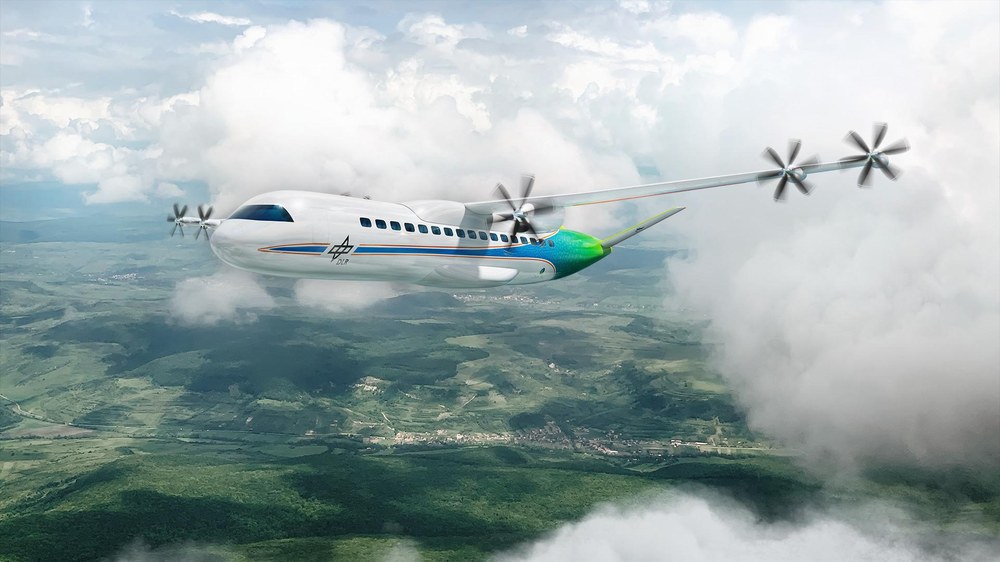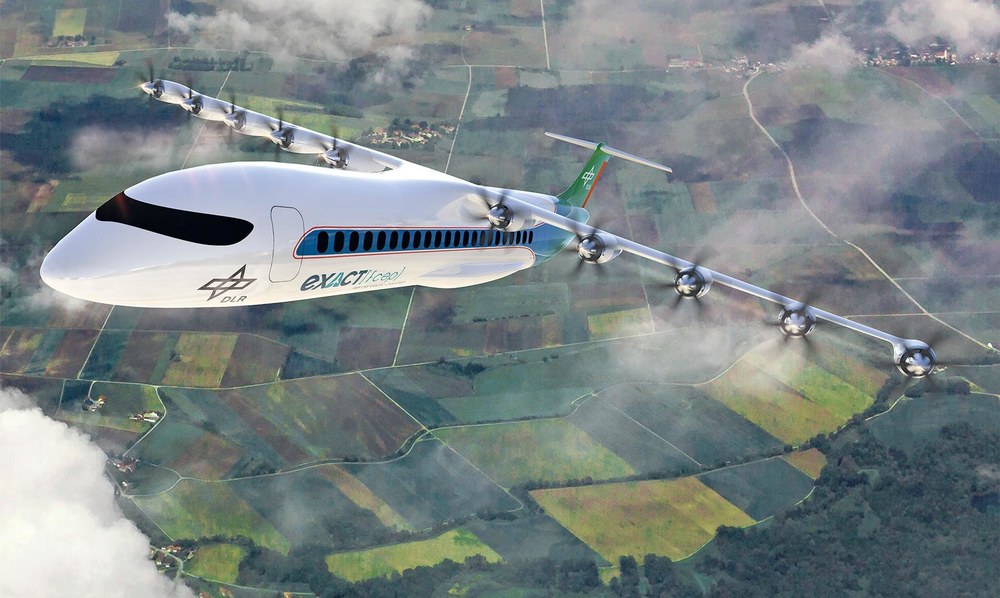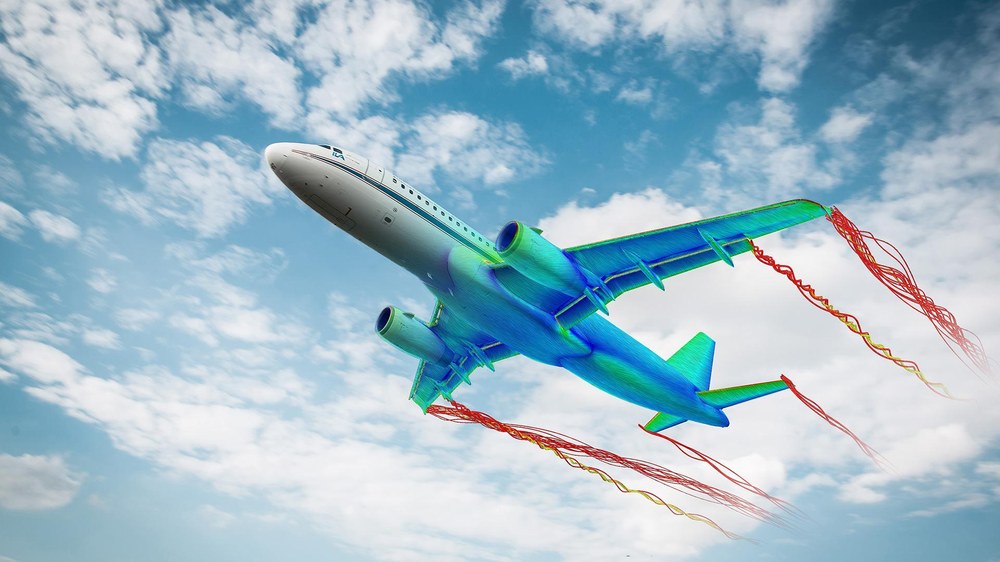Strategy and programme of our aeronautics research

In shaping the air transport system, our focus is on competitiveness, climate compatibility, sovereignty and safety. With our ability to evaluate entire systems, and through continuous exchange with industry, SMEs, universities and public stakeholders, we see ourselves as the first point of contact – serving society and strengthening Germany and Europe as prime business locations.
Aviation is an integral part of societal life and global mobility. It promotes cultural exchange, is central to global trade and supports prosperity worldwide. By providing flexible and reliable transportation at unrivalled speeds, the air transport system is the backbone of today’s logistics – serving the agricultural, industrial and service economies around the globe. Aviation also creates jobs for approximately 86 million people worldwide across a wide range of highly skilled professions.
Challenges
Global air traffic has grown exponentially over recent decades, doubling approximately every 15 years – a trend that is expected to continue. Alongside the shift towards digital design, qualification and certification in aeronautical engineering, artificial intelligence and growing electrification and automation come with both challenges and opportunities.
The geopolitical context – in particular the ever-growing number of cyberattacks on all parts of the air transport system – makes matters more complex, requiring resilient technical solutions and processes that offer the highest levels of security.
Another overarching challenge lies in balancing global mobility needs with environmental goals. This puts drastic demands on research and development to dramatically reduce the climate footprint of the entire air transport system.
Goals of our aeronautics research
We evaluate aviation technologies at the overall system level – including new technologies, processes and production methods across their entire lifecycle. In doing so, we support both the ecological and economic transformation of aviation. Our solutions range from individual technologies to complete aircraft, as well as developing the architecture for an automated air transport system. From the outset, we consider technological and societal impacts with a view to ensuring public acceptance for these new forms of mobility.
By developing design tools and capabilities, we safeguard Germany’s ability to assess and evaluate aviation based on the highest research standards. This also applies to our research in security and defence, which ensures national access to core competencies in defence aviation and secures the competitiveness of the national aerospace industry.
Our aeronautics strategy defines medium- to long-term research objectives for climate-compatible and safe aviation through to the second half of this century. It aligns with the European Green Deal Industrial Plan and its Strategic Research and Innovation Agenda (SRIA). Concrete measures and recommendations from this strategy are reflected in our aeronautics programme and its associated research portfolio.
Our aeronautics research programme currently covers the following key areas:
Low-emission aviation

More efficient engines reduce the usage of scarce and expensive sustainable fuels and lower emissions. The goal of low-emission propulsion technologies is to develop aviation engines from their current high technological standard to the point where they can use sustainable fuels by 2050. A further reduction in fuel consumption of around 25 per cent is also being targeted. The successful combination of high power density, highly efficient system architecture and aircraft integration poses a particular challenge for the development of low-emission aviation engines.
Energy-efficient aircraft

The aim of the energy-efficient aircraft is to reduce energy consumption by up to 50 per cent by 2050. According to current findings, this can be achieved by reducing aerodynamic drag by 40 per cent, for example by significantly increasing the wingspan and achieving hydraulically smooth surfaces, as well as reducing the overall weight by 10 per cent through lightweight construction across all assemblies.
Reduced-emission air transport system

Climate-optimised flight trajectories promise a significant reduction in aviation's contribution to global warming (CO2 and non-CO2 effects), particularly on medium- and long-haul routes. An efficient and low-emission air transport system integrates innovative aircraft configurations and can reduce climate impact by more than 35 per cent through climate-optimised routing by minimising non-CO2 effects. In addition to political framework conditions and the introduction of technical innovations, this requires increased automation and standardisation in aircraft, air traffic management and flight control.
Digitalisation

Digitalisation of development and approval processes can accelerate the pace of innovation by a factor of two and enable new technologies to reach the market more quickly. End-to-end digitalisation of design, production and operation enables significant reductions in development costs and risks, as well as optimisation of the overall aviation system in terms of its climate impact and economic efficiency.
Uncrewed aviation

Unmanned Aircraft Systems (UAS) are becoming increasingly important for society and research and represent a significant part of our aviation research. We make significant contributions to the entire spectrum of unmanned flight applications and develop technological solutions, methods and processes ranging from individual technologies to complete aircraft and the architecture of an automated air transport system, including its impact and acceptance.
